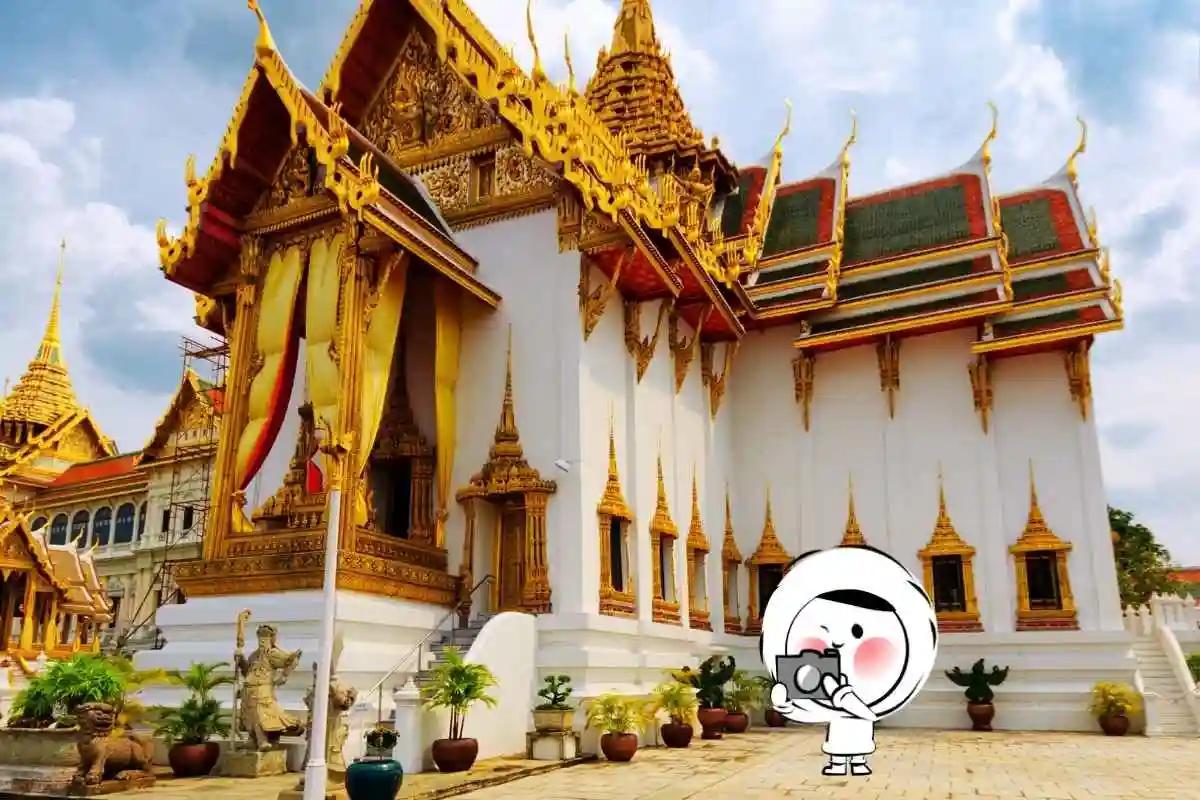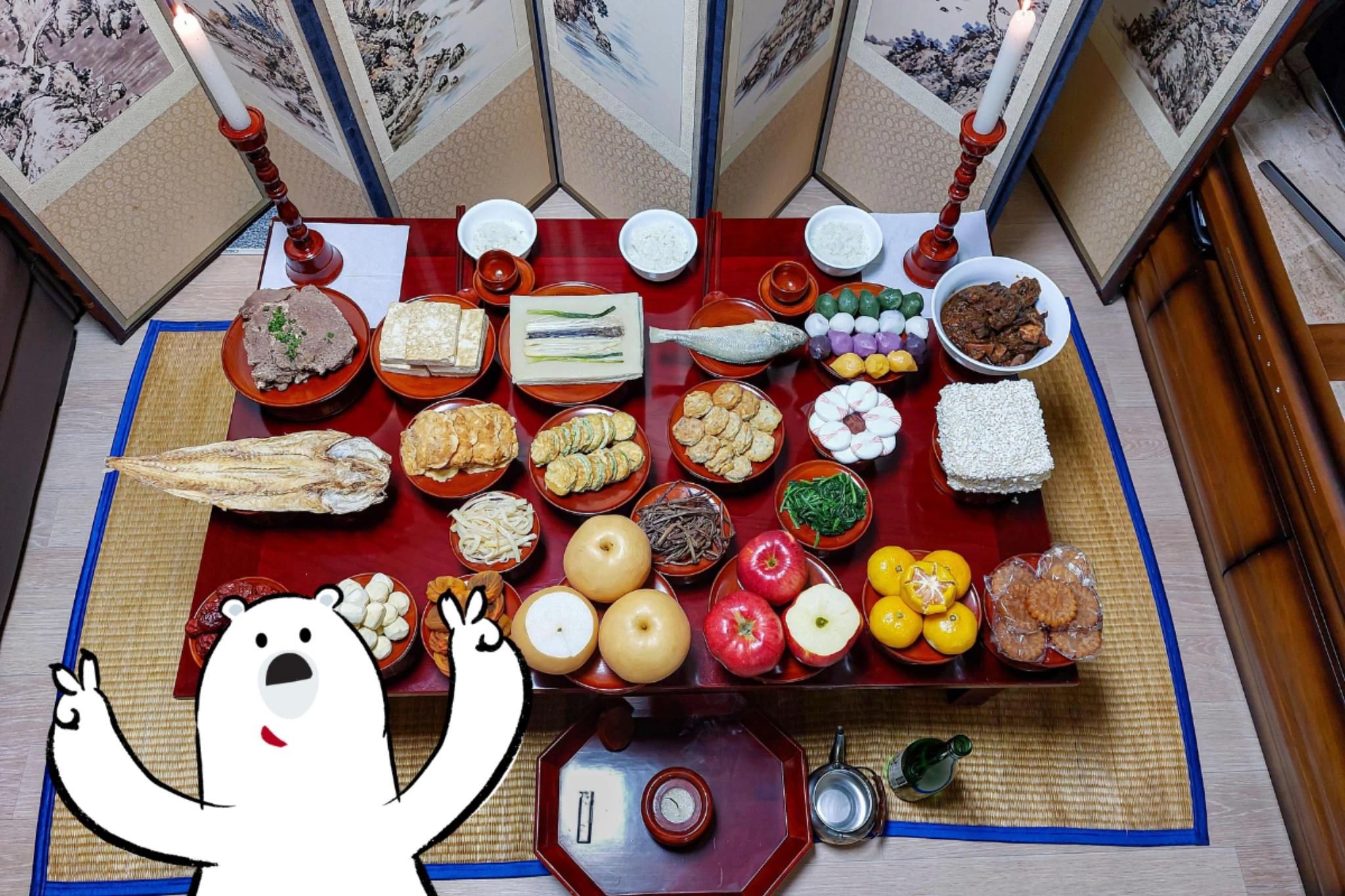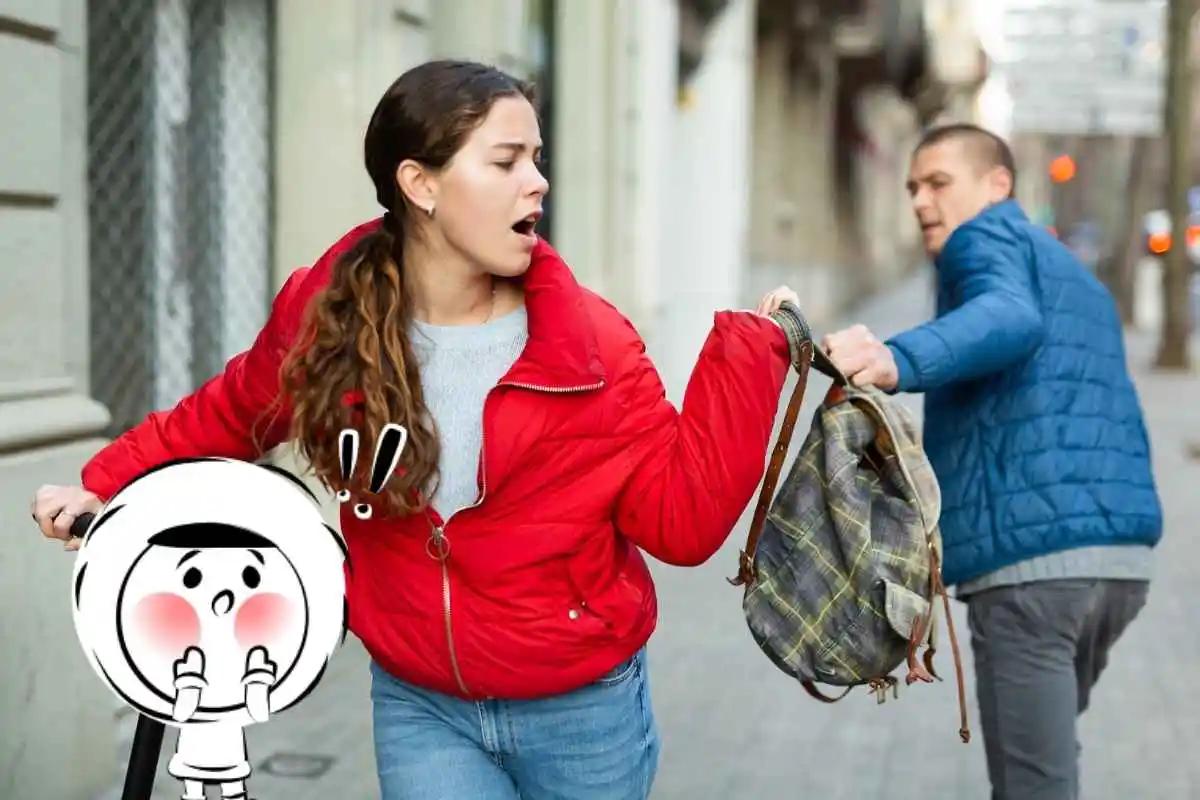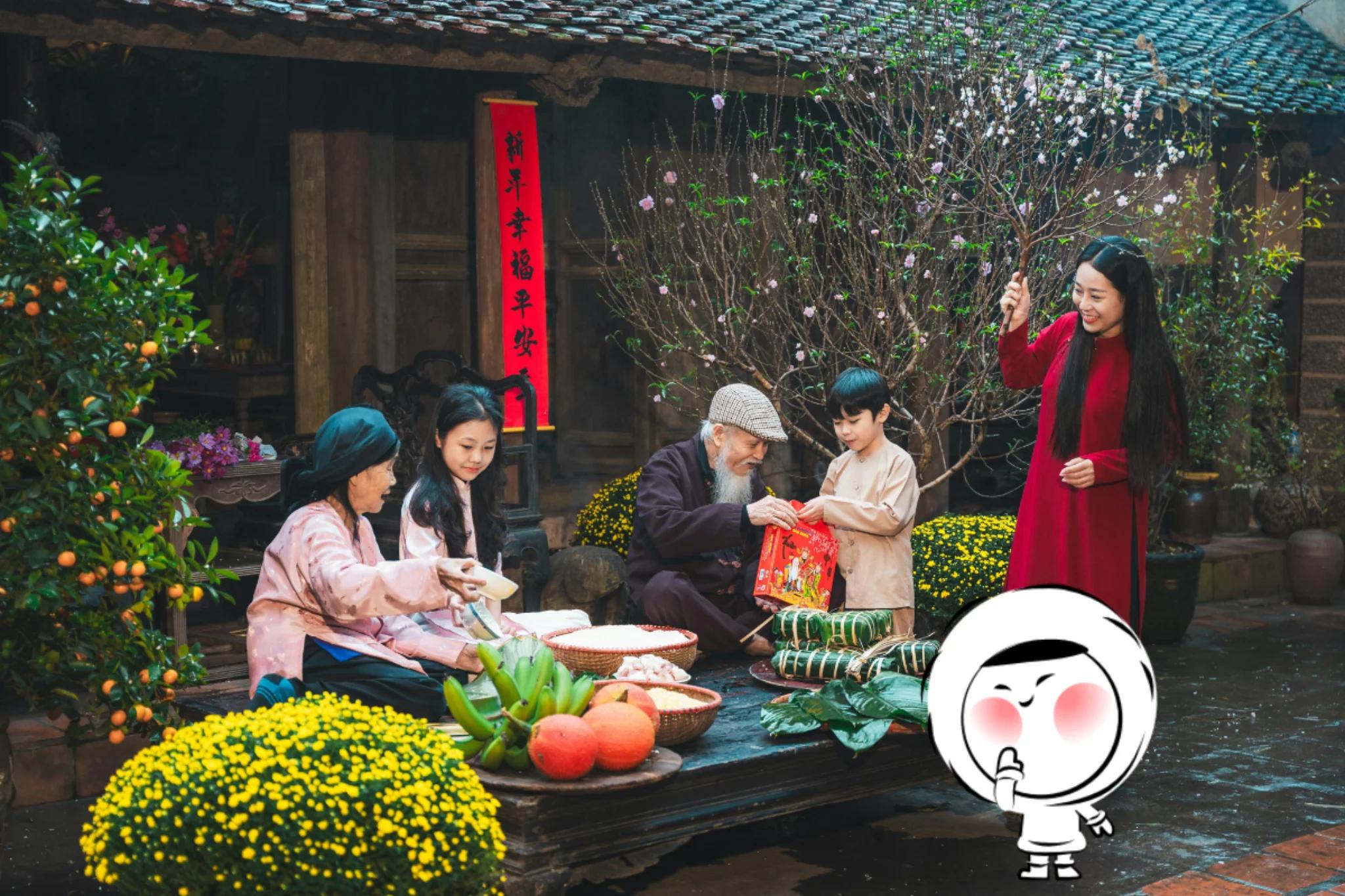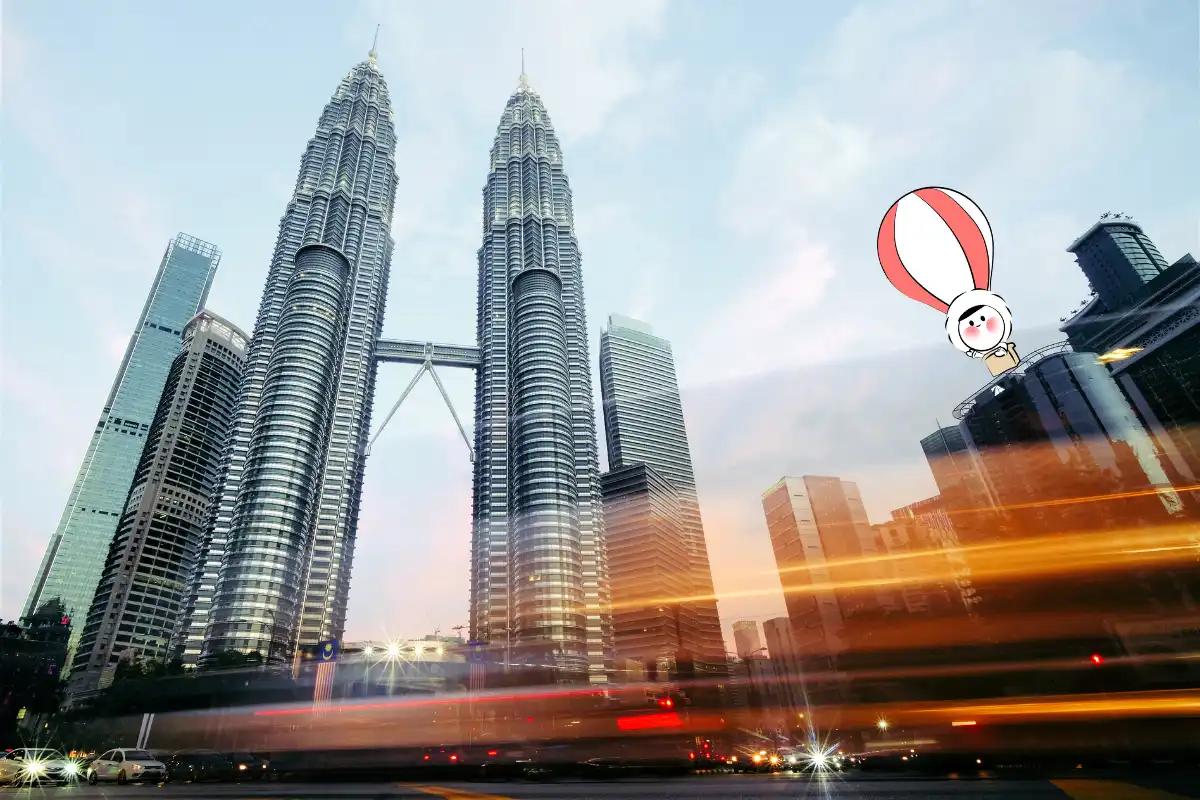
The 2026 public holiday Malaysia calendar features a diverse mix of cultural, religious and national celebrations observed across the country. Malaysia’s rich multicultural identity means the year includes major festivals like Chinese New Year (CNY 2026), Hari Raya Aidilfitri, Hari Raya Haji, and Deepavali, alongside national events such as Merdeka Day and Labour Day.
National Public Holidays in Malaysia 2026
These public holidays Malaysia dates apply throughout all states and federal territories.
| HOLIDAY | DATE | DAY |
| New Year’s Day | 01 January 2026 | Thursday |
| Chinese New Year | 17 February 2026 | Tuesday |
| Chinese New Year (Second Day) | 18 February 2026 | Wednesday |
| Hari Raya Aidilfitri | 21 March 2026 | Saturday |
| Hari Raya Aidilfitri (Second Day) | 22 March 2026 | Sunday |
| Labour Day | 01 May 2026 | Friday |
| Hari Raya Haji | 27 May 2026 | Wednesday |
| Vesak Day | 31 May 2026 | Sunday |
| Birthday of SPB Yang di-Pertuan Agong | 01 June 2026 | Monday |
| Awal Muharram | 17 June 2026 | Wednesday |
| Maulidur Rasul | 25 August 2026 | Tuesday |
| Malaysia National Day | 31 August 2026 | Monday |
| Malaysia Day | 16 September 2026 | Wednesday |
| Deepavali | 08 November 2026 | Sunday |
| Christmas Day | 25 December 2026 | Friday |
While Islamic holidays are traditionally based on moon sighting, the dates listed above reflect the official public holiday calendar for planning and travel purposes.
Overview of State Holidays in Malaysia
While the list above covers national observances, Malaysia also has several state-level public holidays that vary by location.
Thaipusam
Thaipusam in 2026 falls on 2 February and is observed in Selangor, Penang, Perak, Negeri Sembilan, Kuala Lumpur and Putrajaya. These states have larger Hindu communities and major temples such as Batu Caves, which is why the holiday is officially recognised there. The celebration includes kavadi carrying, milk offerings and large temple processions.
Good Friday
Good Friday in 2026 falls on 3 April and is a public holiday only in Sabah and Sarawak. Christianity has deep historical and cultural roots in East Malaysia, which is why the day is officially observed there. It is marked through church services, quiet reflection and preparations for Easter.
Kaamatan and Gawai
- Kaamatan (Sabah): 30–31 May
- Gawai Dayak (Sarawak): 1–2 June
These festivals celebrate harvest traditions and attract significant local tourism.
Major Festival Traditions in Malaysia
Malaysia’s festivals are deeply rooted in cultural, religious and community values. Below is a detailed look at the traditions behind the country’s largest celebrations.
Chinese New Year Traditions
Chinese New Year (CNY 2026) is one of the most important festivals for Malaysia’s Chinese community. Celebrations begin on the eve and extend over 15 days.
Reunion dinner
Families gather for a large meal on the eve of Chinese New Year. Traditional dishes often include fish (symbolising abundance), dumplings, longevity noodles and steamed chicken.
Red packets (angpow)
Married adults give red packets containing money to children and younger relatives. The red colour symbolises prosperity and good fortune.
Lion dances and temple visits
Lion dances are performed in homes, shopping centres and workplaces to usher in good luck. Many also visit temples to make offerings and pray for a successful year ahead.
Open houses
Malaysian culture embraces open houses for major festivals, and Chinese New Year is no exception. Friends and neighbours visit homes to share meals and exchange greetings.
Hari Raya Aidilfitri Traditions
Hari Raya Aidilfitri, marking the end of Ramadan 2026, is one of Malaysia’s most significant celebrations for the Muslim community.
Morning prayers
The day begins with prayers at mosques nationwide, followed by sermons reflecting themes of gratitude and forgiveness.
Visiting ancestral graves
Many families visit the graves of loved ones to recite prayers before returning home for the day’s festivities.
Festive meals
Traditional foods include ketupat, rendang, lemang and various kuih. These dishes play a central role in open houses, where families welcome guests throughout the day.
Seeking forgiveness
A core tradition involves younger family members asking for forgiveness from elders, symbolising a fresh start after Ramadan.
Hari Raya Haji Traditions
Hari Raya Haji, also known as Raya Haji or Aidiladha, is observed during the Hajj pilgrimage season.
Meaning of sacrifice
The festival commemorates Prophet Ibrahim’s willingness to sacrifice his son in obedience to God. It emphasises compassion, charity and devotion.
Qurban rituals
Families or communities may participate in qurban, where livestock are sacrificed and the meat is distributed to relatives, neighbours and those in need.
Community prayers
Mosques hold large congregational prayers followed by sermons highlighting the values of sacrifice and unity.
Deepavali Traditions
Deepavali is celebrated by the Hindu community and symbolises the triumph of light over darkness.
Lighting oil lamps
Homes are decorated with small clay lamps filled with oil. These lights represent purity and the victory of good over evil.
Kolam art
Colourful kolam designs made from rice flour, flowers or sand are placed at entrances to welcome guests and bring good fortune.
Temple prayers
Families visit temples early in the morning for prayers, offerings and blessings.
Traditional sweets
Murukku, laddu, halwa and other festive snacks are commonly served during open houses and gatherings.
Long Weekend Opportunities in 2026
The public holiday Malaysia schedule in 2026 offers several natural long weekends ideal for domestic or regional travel.
May
Labour Day falls on Friday, 1 May 2026, creating a natural three-day weekend. This period is well-suited for short trips and city breaks.
August
Merdeka Day on Monday, 31 August 2026, provides a three-day weekend and remains one of the most popular travel periods of the year.
Following the Rhythm of Malaysia
As the 2026 public holiday Malaysia calendar unfolds, the country moves through a cycle of colour, celebration, and community. Lanterns rise during Chinese New Year, oil lamps glow for Deepaval, and homes fill with the aroma of Hari Raya dishes. Planning your travels around these moments lets you step directly into the story.
To stay connected along the way, Malaysia eSIM plans from Eskimo offer more than reliable data. You can keep unused data through data rollover, share data with loved ones through transferable data, and enjoy long-term value with the longest 2-year expiry plan. Travellers who are new to Eskimo can also try free 500MB through our official offer, available here.
These features make it easy to travel at your own pace and stay online wherever the celebrations lead you.
FAQs
What are the main public holidays in Malaysia in 2026?
Malaysia’s major nationwide holidays in 2026 include Chinese New Year, Hari Raya Aidilfitri, Hari Raya Haji, Deepavali, Merdeka Day, and Christmas. These dates apply across all states, though Islamic holidays remain subject to moon sighting. Several states also observe their own additional holidays.
When is Hari Raya Aidilfitri in 2026?
Hari Raya Aidilfitri in Malaysia will be observed on 21–22 March 2026 (Saturday–Sunday), in line with the national public holiday calendar.
When is Hari Raya Haji in 2026?
Hari Raya Haji is estimated to fall on 27 May 2026, subject to confirmation by lunar observation. Most states observe this as a public holiday.
Is Chinese New Year a public holiday in Malaysia?
Yes. CNY 2026 is celebrated nationwide over two days on 17–18 February. Many businesses operate with shorter hours during this period, and intercity travel activity increases.
Which states celebrate Thaipusam as a holiday?
Thaipusam is a public holiday in Selangor, Penang, Perak, Negeri Sembilan, Kuala Lumpur, and Putrajaya. Celebrations often involve processions and temple ceremonies.
Are attractions open during major public holidays?
Most attractions remain open, but some adjust operating hours during festivals such as Hari Raya and Chinese New Year. Travellers should check schedules in advance.
Do all Malaysian states observe the same holidays?
No. While national holidays are observed everywhere, states have additional holidays based on local culture, religion, and historical events. Examples include Kaamatan in Sabah and Gawai in Sarawak.




